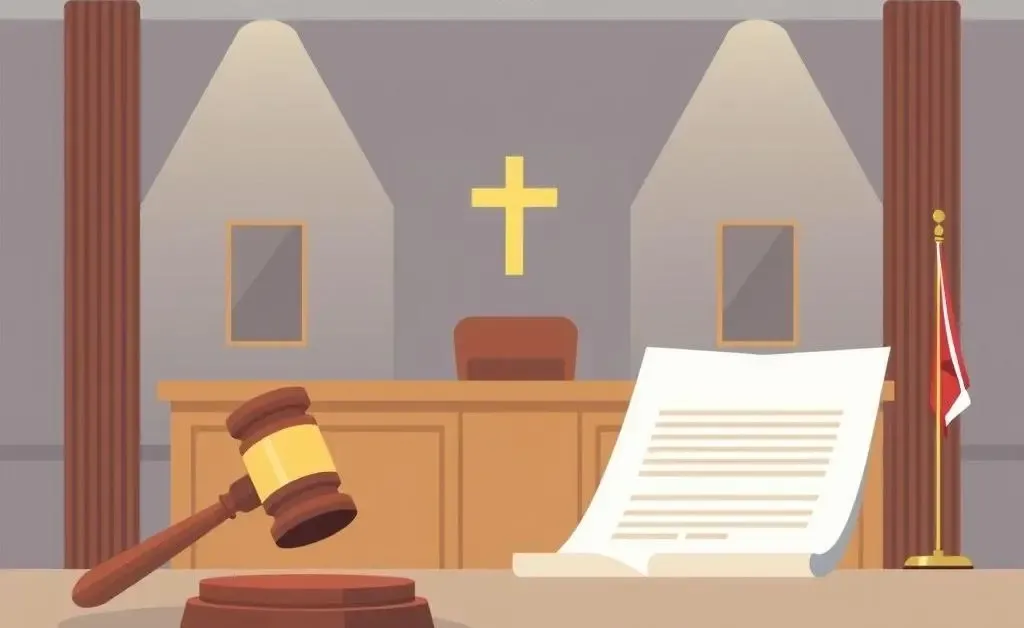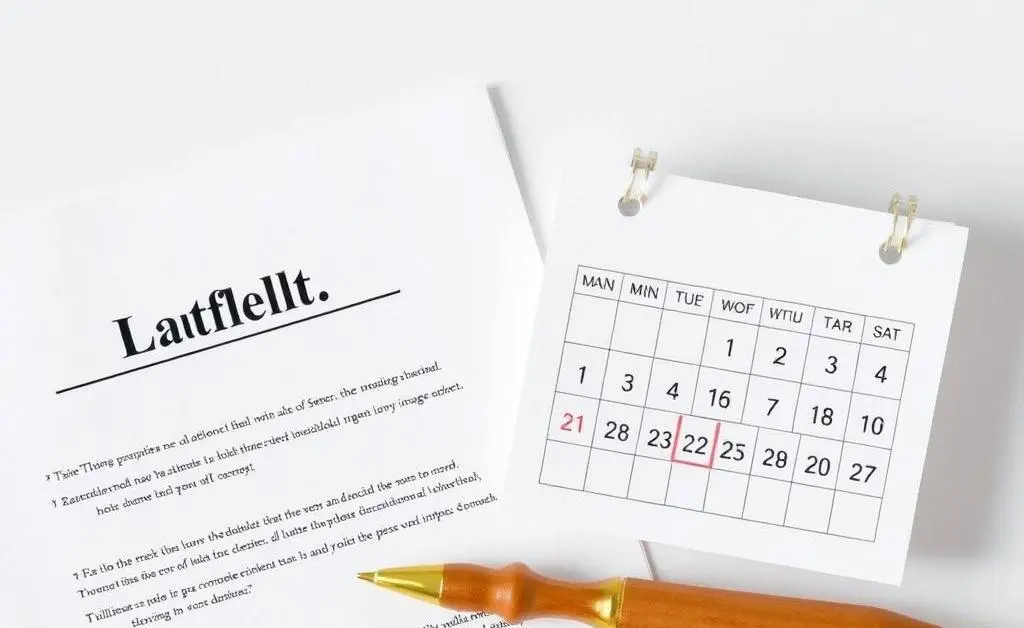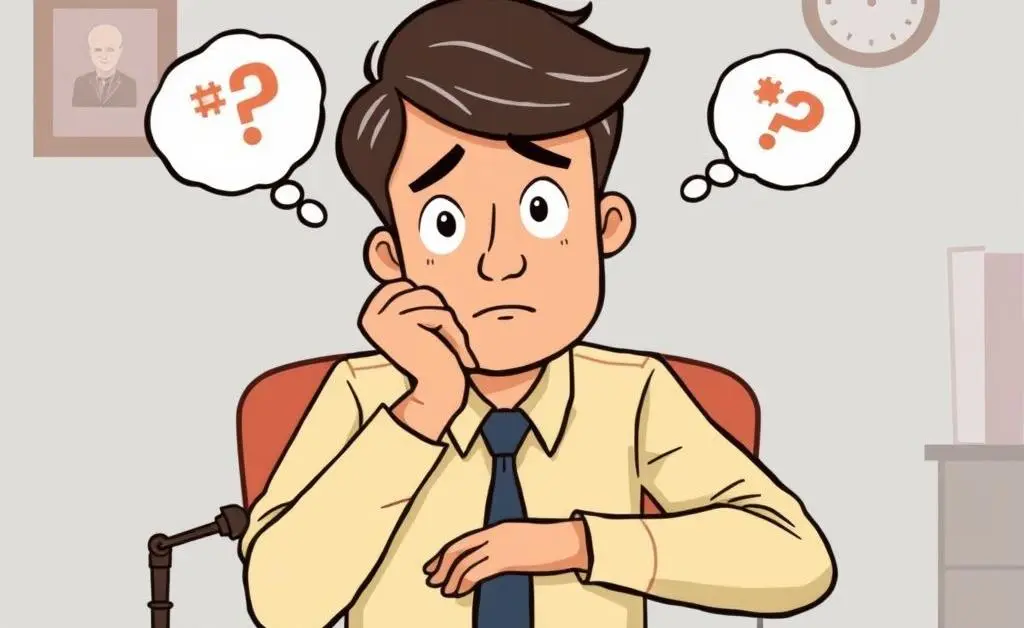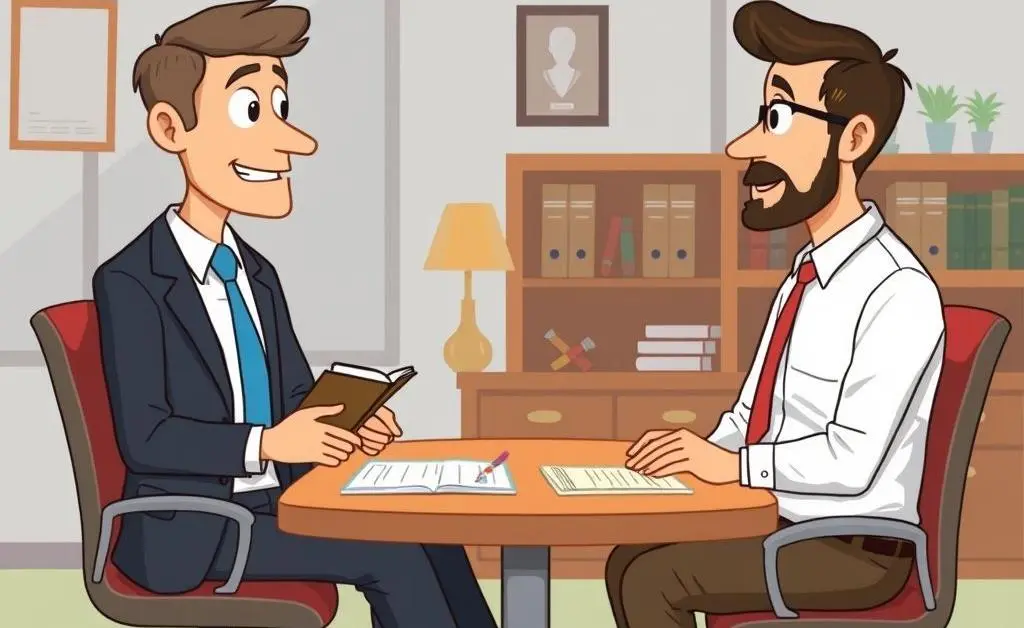Understanding Default Judgments: What You Need to Know
Exploring the ins and outs of default judgments and how to navigate them.

We've all heard those daunting legal terms that tend to sound confusing at first, like 'default judgment.' Even if the term is familiar, what it actually means and its implications might not be so clear. Fear not—I'm here to break it down in a way that's both relatable and understandable.
What is a Default Judgment?
In simple terms, a default judgment occurs when one party in a legal case doesn't respond or appear in court, allowing the court to decide in favor of the other party by default. Imagine it's like winning a game because the other team didn't show up.

Why Do Default Judgments Happen?
Often, default judgments happen because the defendant didn’t respond to a lawsuit or failed to show up in court. Life can get overwhelming, and sometimes important paperwork gets lost in the shuffle. But, understanding the timelines involved in legal processes is crucial to prevent missing these key deadlines.
Typically, the defendant has a certain number of days to respond to a lawsuit notice. This varies depending on where you are—so checking local rules is essential.
Can Default Judgments Be Reversed?
If you've found yourself on the receiving end of a default judgment, don't lose hope. There are often procedures in place to request the court to set aside or "vacate" the judgment. This usually involves showing a valid reason for your absence or lack of response. Consulting with a legal professional can provide valuable insights into your specific situation.

Practical Steps to Take After Receiving a Default Judgment
- Contact a Legal Expert: If you're unsure about the judgment or the next steps to take, reaching out to a lawyer should be your first course of action.
- Gather Documentation: Collect any documents relevant to the case, including communications received and any responses you've made.
- Act Promptly: Since legal processes are time-sensitive, taking action quickly is key to increasing your chances of successfully reversing a default judgment.
The Emotional Side of Legal Proceedings
I know dealing with legal proceedings can feel overwhelming, almost like navigating a stormy sea without a map. Remember to take care of your emotional wellbeing during this process. Talking things through with friends, family, or professionals can be incredibly helpful.

Conclusion: A Thoughtful Approach
While default judgments can be anxiety-inducing, understanding them is the first step toward handling them effectively. With a thoughtful approach and the right support, you can navigate this challenge successfully. Allow yourself to take a breath and, one step at a time, proceed with the clarity and support you need.
Would you like to share your thoughts or experiences? Leave a comment below or get in touch with questions. I'm here to help you through this maze with warmth and insight.




